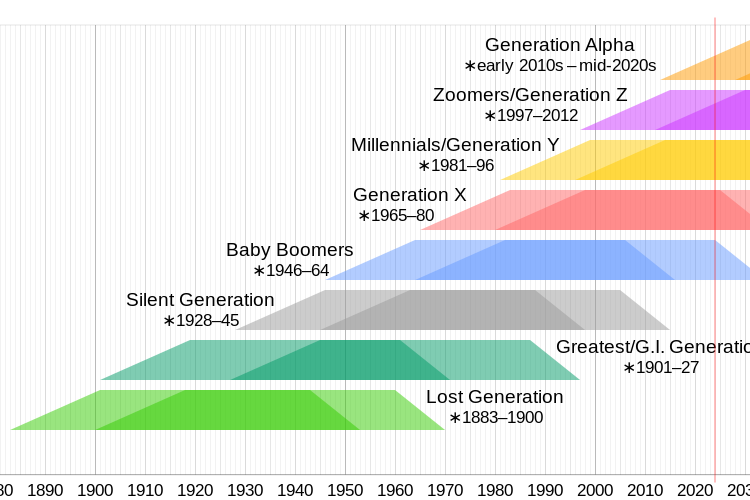Increasing temperatures and extreme weather events pose a threat to the planet
- 2023 is projected to be the hottest year on record
- Increasing floods, wildfires, glacier melt, and heat waves are expected
- Average temperature is up 1.4 degrees Celsius from pre-industrial times
- El Nino could push the temperature over the 1.5-degree target cap
- The world is on track to exceed 2.5 to 3 degrees warming
- The nine years from 2015 to 2023 were the warmest on record
The United Nations weather agency has announced that 2023 is expected to be the hottest year on record, with worrying trends indicating a rise in floods, wildfires, glacier melt, and heat waves. The average temperature for the year has increased by 1.4 degrees Celsius from pre-industrial times, coming close to the target limit set by the Paris climate accord. The onset of El Nino earlier this year could push the temperature over the 1.5-degree target cap. Experts warn that the world is on track to exceed 2.5 to 3 degrees warming, leading to severe impacts such as glacier loss and sea level rise. The years from 2015 to 2023 have already been recorded as the warmest on record.
Factuality Level: 8
Factuality Justification: The article provides information from the World Meteorological Organization about the increasing temperatures and the potential consequences of climate change. It also includes quotes from the WMO secretary-general and a climate scientist. The information is based on scientific data and research, making it highly factual.
Noise Level: 7
Noise Justification: The article provides information on the UN weather agency’s prediction that 2023 will be the hottest year on record and warns of increasing floods, wildfires, glacier melt, and heat waves. It mentions the temperature increase from pre-industrial times and the target limit set by the Paris climate accord. However, it lacks scientific rigor and intellectual honesty as it does not provide evidence or data to support its claims. It also does not offer actionable insights or solutions for addressing climate change.
Financial Relevance: No
Financial Markets Impacted: No
Presence Of Extreme Event: No
Nature Of Extreme Event: No
Impact Rating Of The Extreme Event: No
Rating Justification: The article does not pertain to financial topics and does not describe any extreme events.
Key People: Petteri Taalas (WMO Secretary-General), Richard Betts (Lead author of a new paper on the issue with University of Exeter)
 www.marketwatch.com
www.marketwatch.com 





